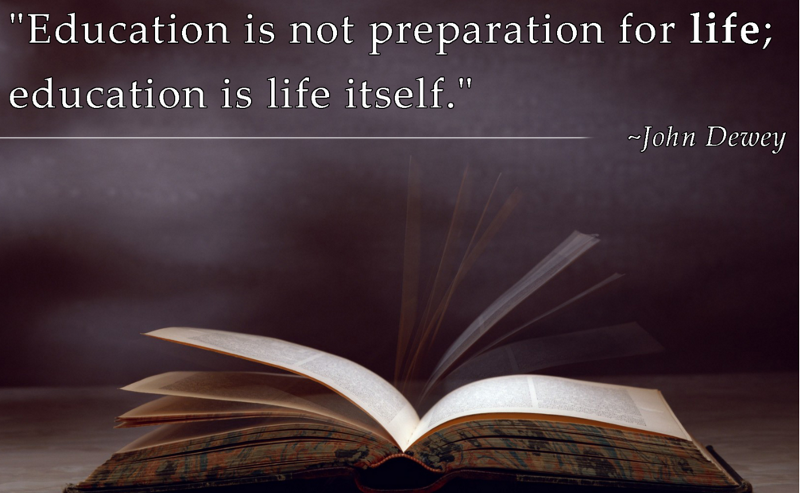By Stella Vasileiadou,
We were led to believe that if we studied in college, we would, certainly, have a more competitive salary, higher employment rates, and more work benefits in general, compared to high school graduates. Thus, society, in whatever way it can, increasingly promotes the need for a college education. Although this could be partly correct, as it is good to always strive for the best, we often tend to be derogatory towards people who have not attended university. But, for real, is this something fair? Should we judge a person according to whether (or what) they have studied or not?
Besides, let’s not forget that many successful people never graduated from college and that many jobs, especially trades jobs, do not require college degrees at all.
Of course, college does not make you a person that is better than others or that needs to be taken more seriously than others; and education does not, by nature, help your moral development at all. Most of us who have gone to college, have probably, at some point, reflected that college made us better people — or that going to college was the best choice we had to opt for. These are moral implications. Once we have finished college, society views us as a certain kind of person — a person with certain assumed moral qualities, who is given moral privileges, social forgiveness, huge amounts of social aid, and most of all, a person that is given, at all times, the benefit of the doubt.
Once you have finished studying at university, you are thought of as a person of a different class and, indeed, a more valuable human being. But if we go to the supermarket and take a look at the cashier, we would say: “She is doing that job because she was just too lazy to study. It is her fault”. Why are we so cruel towards such people? Why do we see them as the weak ones, the uneducated, or even the incapable ones? Why are we making such assumptions subconsciously? We are so quick to judge, without even knowing what others have been through.

Can everyone afford a college education? You already know that the answer to this question is negative. Do you know, for example, who the man that picks up your garbage really is? The fact that you are aware of their profession, does not imply that you know their story. Undoubtedly, when hard times do hit and you have to make ends meet in order to feed your family, you will do whatever it takes. Perhaps you will not understand unless the lesson is seen to be learned.
A common misunderstanding is that people seem to ignore the fact that education and manners are two completely different things. Education helps you develop yourself in all aspects, helping you follow the right path in your life. But along with education, manners are quite important things.
If you do not know how to treat others, then your education is a total waste, even though you own a Master’s degree or a Ph.D.
One of the fundamental elements of society is the rules that govern it. Showing respect to other people and empathizing with them is, without doubt, one of the most important of them and is applied everywhere, without exceptions. For instance, wherever you go, you need to know how to treat someone, no matter your job or education level. All people should be treated equally because we are all the same.
Nevertheless, it is quite alarming that, in the 21st century, we still have to point out the obvious…




